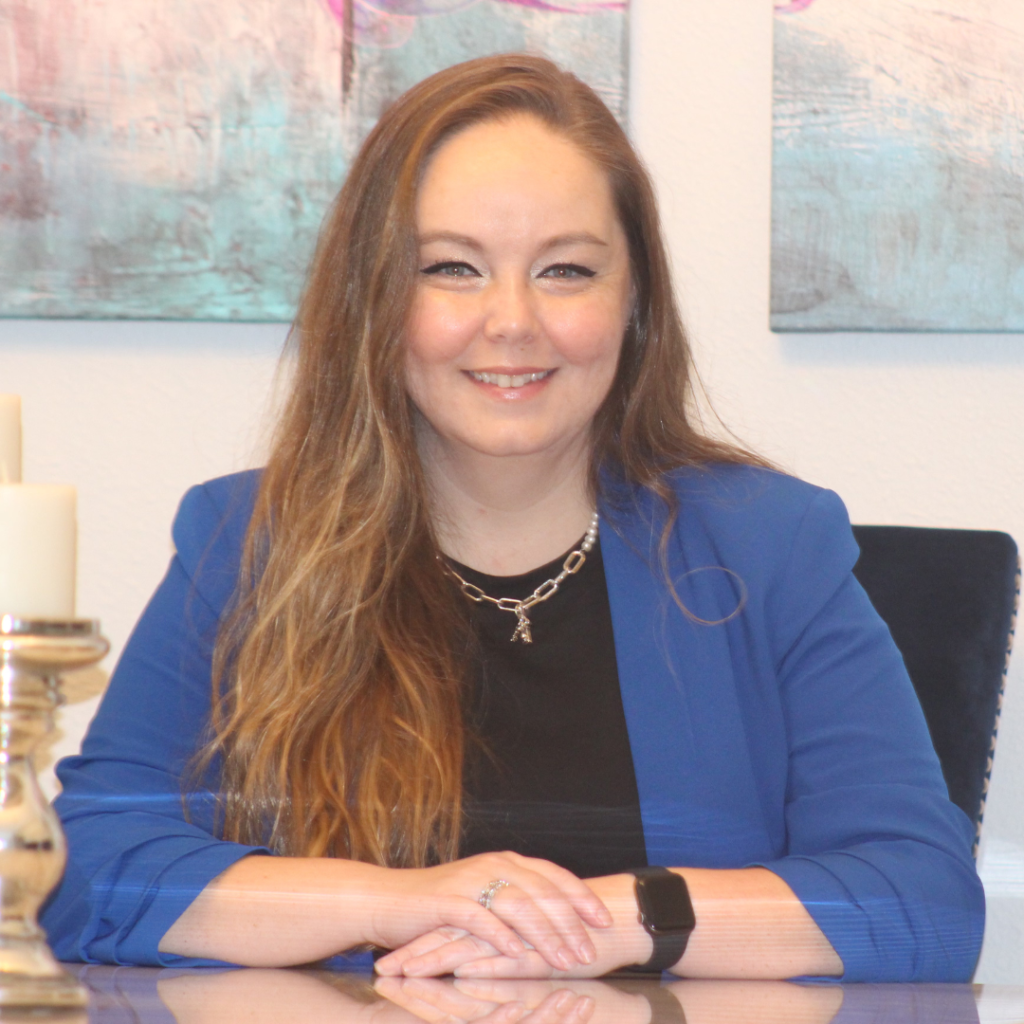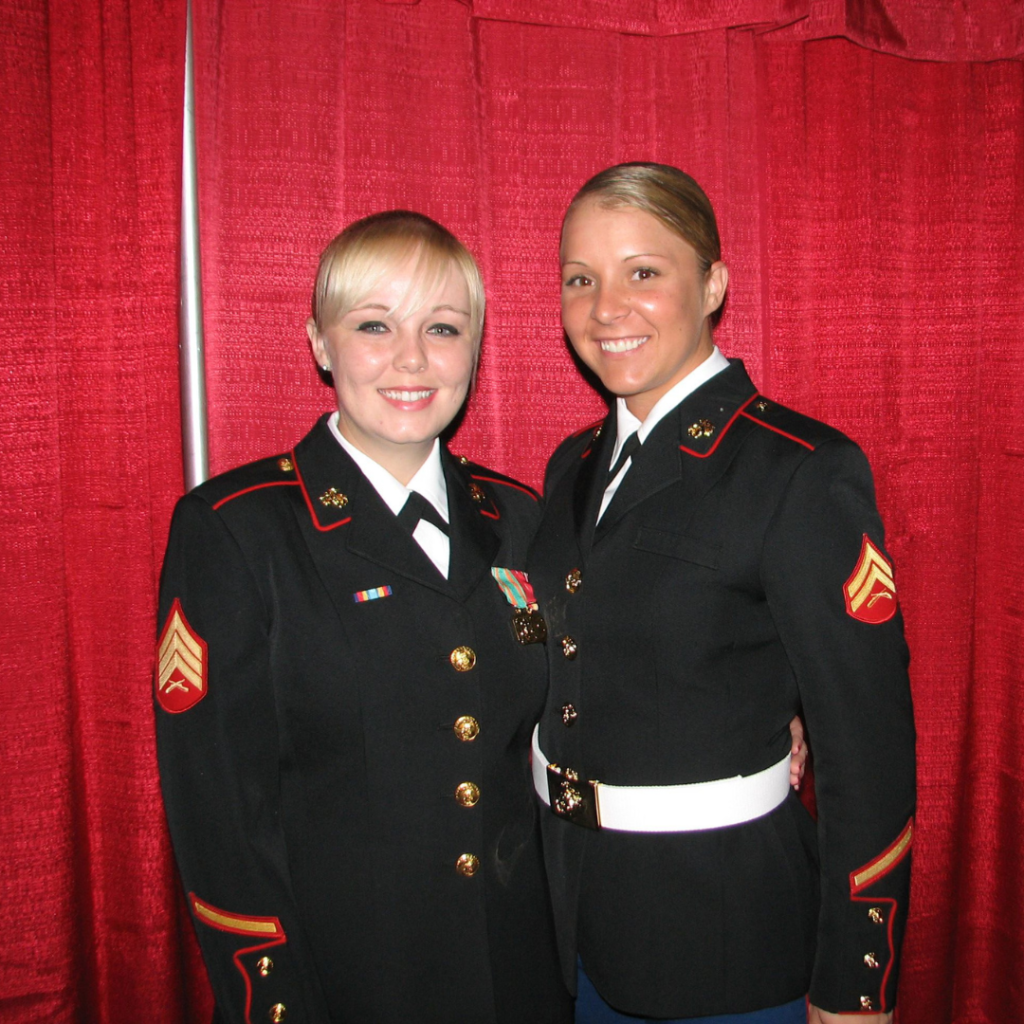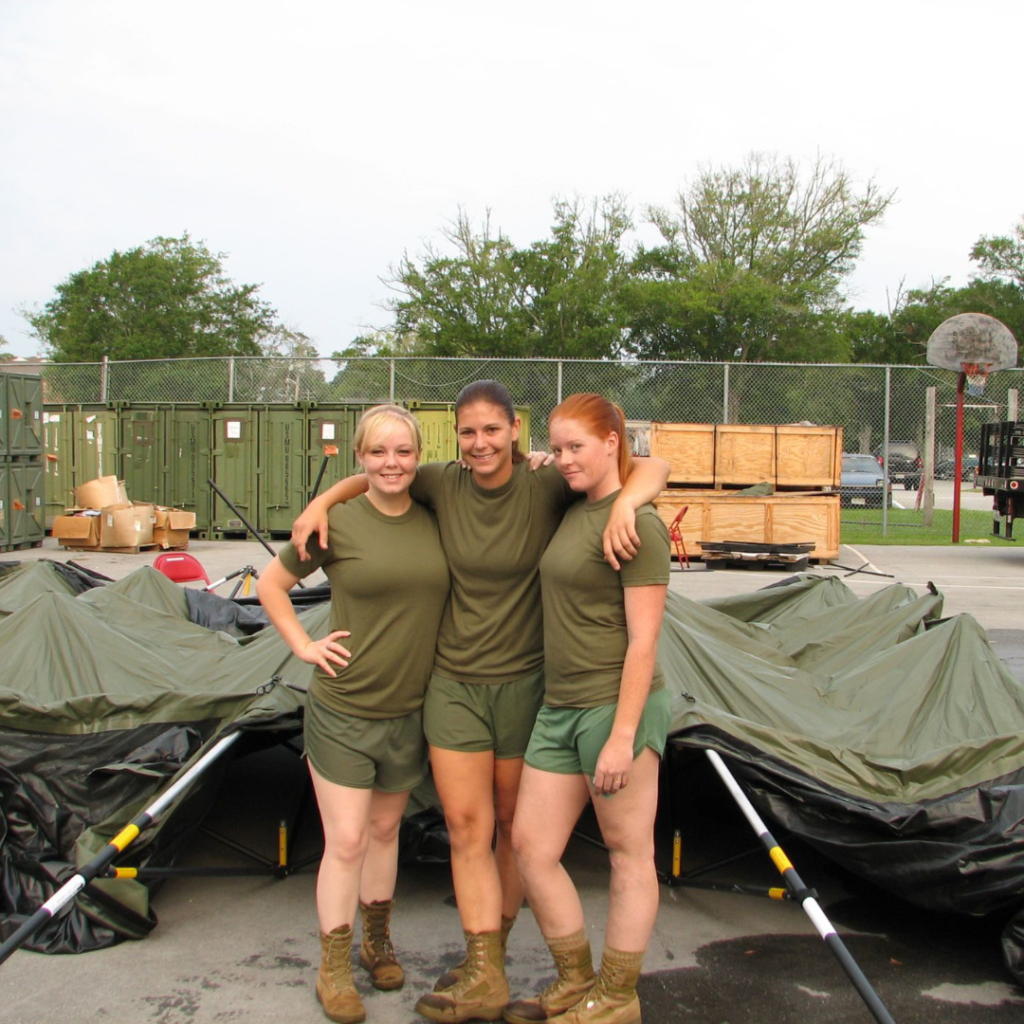By Niurka Castaneda
In life, we all seek a sense of belonging, whether it’s with colleagues, family, or our broader community. This need to connect is deeply ingrained; we feel it at sports games when we wear our favorite team’s jersey or in other shared experiences. For veterans, the search for belonging is uniquely challenging when they transition out of the military.
In the military, service members are part of something larger than themselves—a bond that’s described as unbreakable. Yet, after leaving, many veterans feel the painful loss of that connection. This loss of belonging can be as destabilizing as the loss of security or stability, both key needs in Maslow’s hierarchy. For many veterans, this absence of camaraderie is often the hardest loss to replace.
This transition out of the military is something Dr. Moriah Thomas, a distinguished Marine Corps veteran, understands deeply. She transitioned from active service to the field of psychology, bringing her military discipline and unique insights to her work as an expert in industrial and organizational psychology. With a Ph.D. and a passionate commitment to mental health, she combines academic rigor with her firsthand experience, helping others navigate the complex challenges veterans face as they adjust to civilian life.

The military culture is distinct: it has a shared language, a unique humor, and a deep trust in each other. It’s a setting where service members can be themselves without fear of judgment. In civilian workplaces, though, that sense of unity is often missing. Her first job after leaving the military provided a sense of acceptance, especially as she pursued her degree in mental health counseling. Her second job was a stark contrast, with colleagues more focused on clocking out than on supporting each other. As a Marine, she found it surprising to see such a lack of camaraderie and the absence of a supportive team.
Her husband, a retired lieutenant colonel, faced similar experiences in his civilian job. He encountered hostility, even though he followed the rules and performed well. Unlike the cooperative military culture they were used to, his civilian workplace was competitive and, at times, toxic.
The disconnect between military and civilian life also arises from a general lack of understanding. During World War II, many civilians had some experience with or understanding of veterans. Today, though, that divide is larger. Civilians often misunderstand veterans, seeing them as “ticking time bombs” due to media stereotypes. Many assume all veterans suffer from PTSD, which can be isolating for those who don’t and stigmatizing for those who do.

Leaving the military involves adjusting to a new culture. In service, support is built-in, and there’s a clear structure for seeking help. However, civilian life lacks that automatic support network, making it harder for veterans to navigate. Many struggle with feelings of isolation, inadequacy, and disconnection as they try to fit into this unfamiliar environment.
As a veteran advocate, she believes that awareness is essential to prevent veteran suicide. Many veterans may not fully understand the emotional impact of transitioning, leading to a buildup of unaddressed grief and frustration. If we can bring awareness to this process and give veterans a language to articulate their feelings, we can empower them to reach out for help.
Experts like Dr. Moriah Thomas play a critical role in this by bridging the gap between military and civilian life, creating spaces where veterans can process their experiences and find renewed purpose. Her insights will be featured in the upcoming documentary “Keep on Living”, which will offer invaluable perspectives on how veterans can overcome the challenges of reintegration and build a sense of belonging again.
Not every veteran will experience these challenges the same way, and that’s why support programs need flexibility. Standardized resources are valuable, but they should be adaptable, allowing veterans to reflect and apply them to their own life experiences.
Not every veteran will experience these challenges the same way, and that’s why support programs need flexibility. Standardized resources are valuable, but they should be adaptable, allowing veterans to reflect and apply them to their own life experiences.
The struggles veterans face extend beyond themselves and affect families and communities. A veteran’s suicide leaves behind lasting trauma for loved ones, who often face guilt and confusion. This emotional impact can create a cycle of pain that influences future generations.

The journey of veterans doesn’t end when they leave the service. The search for connection, belonging, and understanding continues. She highlights that by addressing these challenges, encouraging open dialogue, and fostering a supportive environment, we can ensure that veterans never have to face this journey alone.





